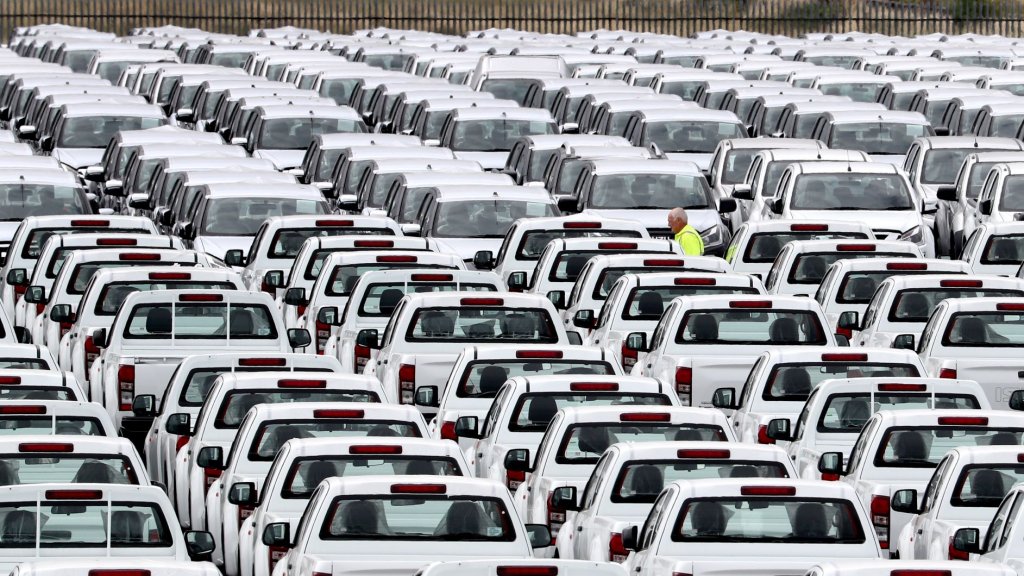
The world is changing fast. With the threat of climate change becoming more and more real, governments and businesses alike are taking steps to tackle carbon emissions and reduce our dependence on fossil fuels. Even though the plans to end the sale of new cars and vans powered by diesel and petrol were announced back in 2020, many people were unaware of the announcement. As the deadline of 2030 draws ever closer, we’re here to take a look at the ban and everything you should know about it.
Why Is The UK Banning Diesel And Petrol Cars?
The primary reason behind the car ban is to reduce carbon emissions. With diesel and petrol cars being one of the biggest contributors to poor air quality, the only way to tackle this is to remove them from the road and replace them with cleaner alternatives. There are also other benefits to scrapping the sale of petrol and diesel cars, such as reducing noise pollution and making the UK’s roads safer.
Does The Ban Apply To All Cars?
No, the ban only applies to new vehicles purchased after 2030. The government has stated that the ban will only apply to cars and vans that use diesel and petrol as a fuel source. This means that hybrid or plug-in vehicles are not included in the ban. This means that you’re free to sell your diesel or petrol car as you please and continue driving it as normal until it is no longer roadworthy.
How The Resale Value Of Your Car Will Be Affected
While the ban might not be a huge concern for someone looking to sell their car in the near future, the resale value of your petrol or diesel car will drop after the ban comes into effect. The used car market is already under pressure due to the sheer number of diesel and petrol cars that are currently on the road. If the car ban comes into play, the number of diesel and petrol cars on the road will dramatically decrease as more people make the shift to electric and hybrid models.
The Benefits Of Switching To An Electric Car
Many people who own diesel or petrol vehicles are worried about what the future holds. If you are one of these people, we urge you to consider making the switch to an electric car. Whilst diesel and petrol cars will soon be a thing of the past, electric cars have come in leaps and bounds in recent years. Electric vehicles can be charged from public charging stations or from home charging ports. If you’re interested in making the switch ahead of the 2030 ban of diesel and petrol cars, here is everything you need to know when buying an electric car.
Can You Still Get The Plug-In Car Grant?
If you are considering purchasing an electric car, you may have heard about the plug-in car grant. The plug-in car grant was introduced in 2011 to encourage the take-up of new electric vehicles. It was initially set to be in place until the end of 2022. However, with the success of the incentive, the Plug-In Grant came to an end in June 2022, which means there is no longer financial help from the government to switch over to electric cars.
When Will Hybrid Cars Be Phased Out?
Hybrid cars are not included in the ban on diesel and petrol vehicles. However, the government is looking to implement measures to reduce the number of hybrid cars on the road over the coming years. The decision to ban the sale of new hybrid cars by 2035 is due to the fact that, whilst hybrid cars are cleaner than diesel and petrol vehicles, they are still responsible for damaging emissions.
Will The Ban Impact Your Current Finance Deal?
No, the ban will not impact your current finance deal. As long as you make your payments on time and keep up with the terms of your finance agreement, you won’t have anything to worry about. The only difference you may notice is that when you go to sell your car in the future, it may be worth less than it is worth now.
Conclusion
The UK’s car ban is a major change that will see the end of diesel and petrol cars and the rise of cleaner, electric alternatives. The government’s decision to ban the sale of new diesel and petrol vehicles has been met with a mixed reaction. While many people are pleased with the government’s attempts to clean up our air and reduce our dependence on fossil fuels, others are opposed to the move. It’s important to note that the ban on new diesel and petrol cars does not apply to all cars. Hybrid cars will also remain on the road for many years to come.